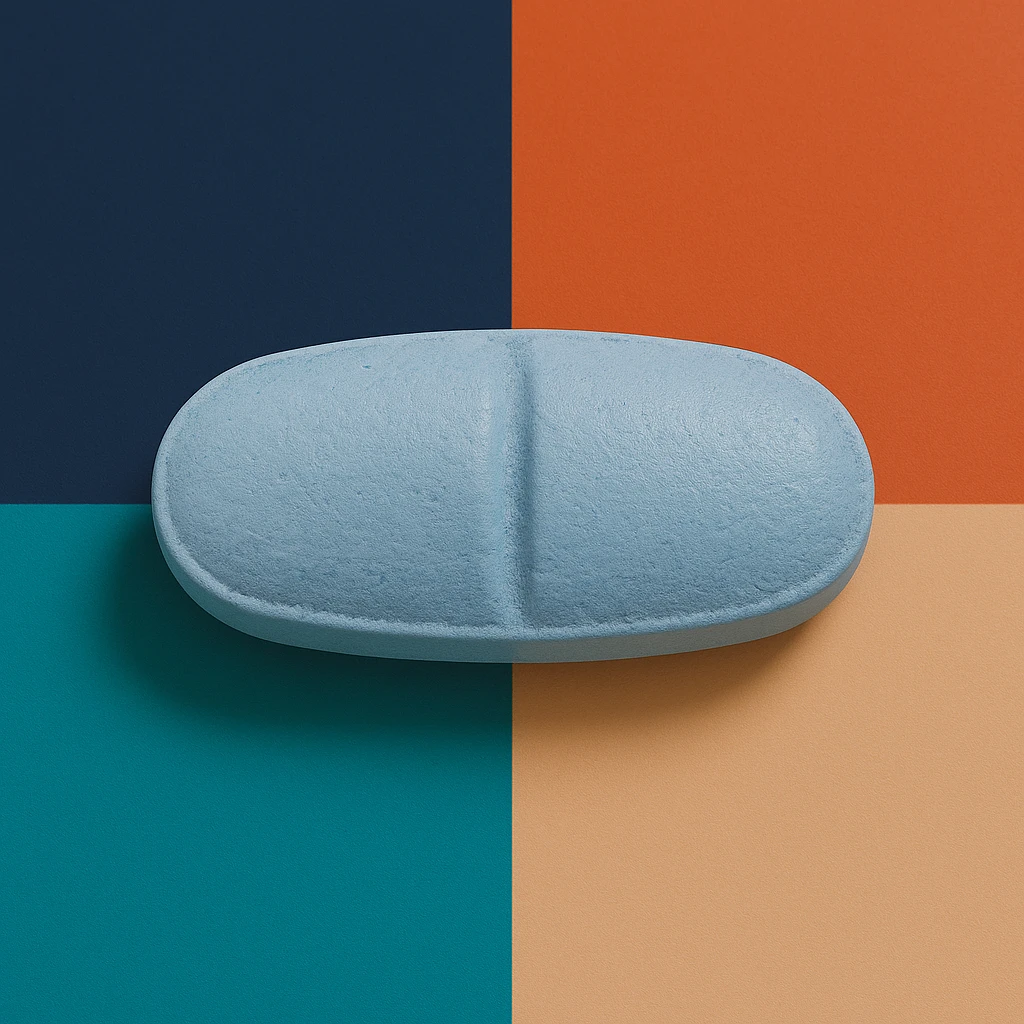
Zoloft® Generic


What is sertraline?
Sertraline is used to treat depression, obsessive-compulsive disorder (bothersome thoughts that won't go away and the need to perform certain actions over and over), panic attacks (sudden, unexpected attacks of extreme fear and worry about these attacks), posttraumatic stress disorder (disturbing psychological symptoms that develop after a frightening experience), and social anxiety disorder (extreme fear of interacting with others or performing in front of others that interferes with normal life). It is also used to relieve the symptoms of premenstrual dysphoric disorder, including mood swings, irritability, bloating, and breast tenderness. Sertraline is in a class of antidepressants called selective serotonin reuptake inhibitors (SSRIs). It works by increasing the amounts of serotonin, a natural substance in the brain that helps maintain mental balance.
How should this medicine be used?
Sertraline comes as a tablet and a concentrate (liquid) to take by mouth. It is usually taken once daily in the morning or evening. To treat premenstrual dysphoric disorder, sertraline is taken once a day, either every day of the month or on certain days of the month. Take sertraline at around the same time every day. Follow the directions on your prescription label carefully, and ask your doctor or pharmacist to explain any part you do not understand. Take sertraline exactly as directed. Do not take more or less of it or take it more often than prescribed by your doctor.
Sertraline concentrate must be diluted before use. Immediately before taking it, use the provided dropper to remove the amount of concentrate your doctor has told you to take. Mix the concentrate with 4 ounces (1/2 cup [120 milliliters]) of water, ginger ale, lemon or lime soda, lemonade, or orange juice. After mixing, the diluted solution may be hazy; this is normal. Do not mix the concentrate with any liquids other than the ones listed. Drink the diluted solution immediately.
Your doctor may start you on a low dose of sertraline and gradually increase your dose, not more than once a week.
It may take a few weeks or longer before you feel the full benefit of sertraline. Continue to take sertraline even if you feel well. Do not stop taking sertraline without talking to your doctor. If you suddenly stop taking sertraline, you may experience withdrawal symptoms such as nausea, sweating, depression, mood changes, frenzied or abnormally excited mood, irritability, anxiety, confusion, dizziness, headache, tiredness, seizures, ringing in the ears, numbness or tingling in the arms, legs, hands, or feet, difficulty falling asleep or staying asleep.
What special precautions should I follow?
Before taking sertraline,
What side effects can this medication cause?
Sertraline may cause side effects. Tell your doctor if any of these symptoms are severe or do not go away:
Some side effects can be serious. If you experience any of the following symptoms or those listed in the IMPORTANT WARNING or SPECIAL PRECAUTIONS section, call your doctor immediately:
Sertraline may decrease appetite and cause weight loss in children. Your child's doctor will watch his or her growth carefully. Talk to your child's doctor if you have concerns about your child's growth or weight while he or she is taking this medication. Talk to your child's doctor about the risks of giving sertraline to your child.
Sertraline may cause other side effects. Call your doctor if you have any unusual problems while taking this medication.
If you experience a serious side effect, you or your doctor may send a report to the Food and Drug Administration's (FDA) MedWatch Adverse Event Reporting program online (https://www.fda.gov/Safety/MedWatch) or by phone (1-800-332-1088).
In case of emergency/overdose
In case of overdose, call the poison control helpline at 1-800-222-1222. Information is also available online at https://www.poisonhelp.org/help. If the victim has collapsed, had a seizure, has trouble breathing, or can't be awakened, immediately call emergency services at 911.
Symptoms of overdose may include the following:
🔗 Reference: https://medlineplus.gov/druginfo/meds/a697048.html